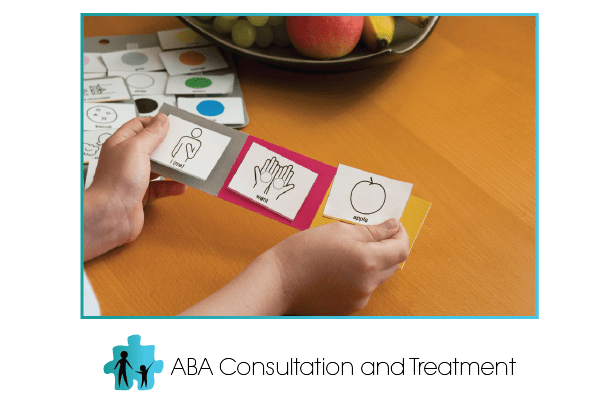Parents can often overuse over-the-top expressions such as amazing, brilliant, extraordinary, sensational, etc. to praise their children. This can lead to those phrases losing their value, diluting their meaning, and having other negative long-term effects. Life coach and writer McKenna Meyers writes that, “Parents believe that they’re bolstering their children’s self-worth by lavishing them with praise and declaring them amazing. In reality, though, they’re doing quite the opposite. Research shows excessive accolades make children less confident, less resilient, and less likely to take on new challenges. Moreover, they can transform kids into praise junkies who seek on-going validation from others instead of finding it within themselves.” This article will provide six recommendations for how to effectively praise your child.
1. Provide simple observations, not overstated evaluations
When looking at something your child created, a statement like “I see how you used different shades of purple to make the flower” is more meaningful than an over-the-top evaluation like “that is incredible”.
2. Recognize hard work
Parents should emphasize effort over outcome. Mckenna argues that “grit is a far more accurate indicator of future success than intelligence or talent”. Use phrases like “I see the time and thought you’re putting into making that project”
3. Celebrate learning, not awards and achievements
When parents praise effort, rather than outcome, they can bolster their child’s resilience. A phrase such as “You worked on that essay for days and learned a lot about American history and how to write” is far more significant in the long-run compared to “I’m so proud you got first place in that game”.
4. Make it about them, not you
Parents can often see their children as extensions of themselves and claim their kids’ achievements or failings as their own. Confident and self-aware parents can view their children as separate human beings from them. Instead of “I’m so proud of you”, you can use something like “You should feel good about what you accomplished”
5. Don’t overdo it
Recent studies suggest that employers complain that young workers require too much praise and reassurance that they’re performing well (Hosie, 2017). Some psychologists suppose that these young people got too much admiration from mom and dad growing up and expect the same from their bosses.
6. Empower them
When your child asks, “How did I do in the baseball game?”, instead of saying “You did great!” ask them to analyze their own performance by asking “How do you think you did? What were your strengths and weaknesses?”.
Sources:
Hosie, R. 2017, February 7. Millenials are struggling at work because their parents “Gave them medals for coming in last”. Independent.co.uk. Retrieved from: https://www.independent.co.uk/life-style/millennials-struggling-work-careers-because-their-parents-gave-them-medals-coming-last-simon-sinek-a7537121.html.
McKenna, M. 2020, November 12. How to effectively praise a child without resorting to “You’re amazing!”. Wehavekids.com. Retrieved from: https://wehavekids.com/parenting/52-Ways-to-Praise-Your-Child-Without-Saying-Youre-Amazing.


